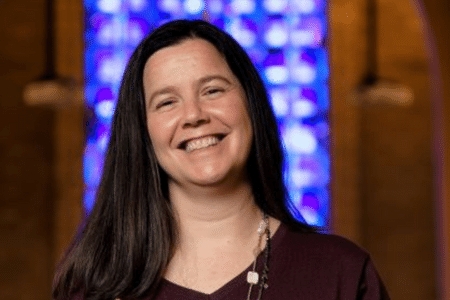
April 2, 2025
A Note from Pastor April
Dear Friends,
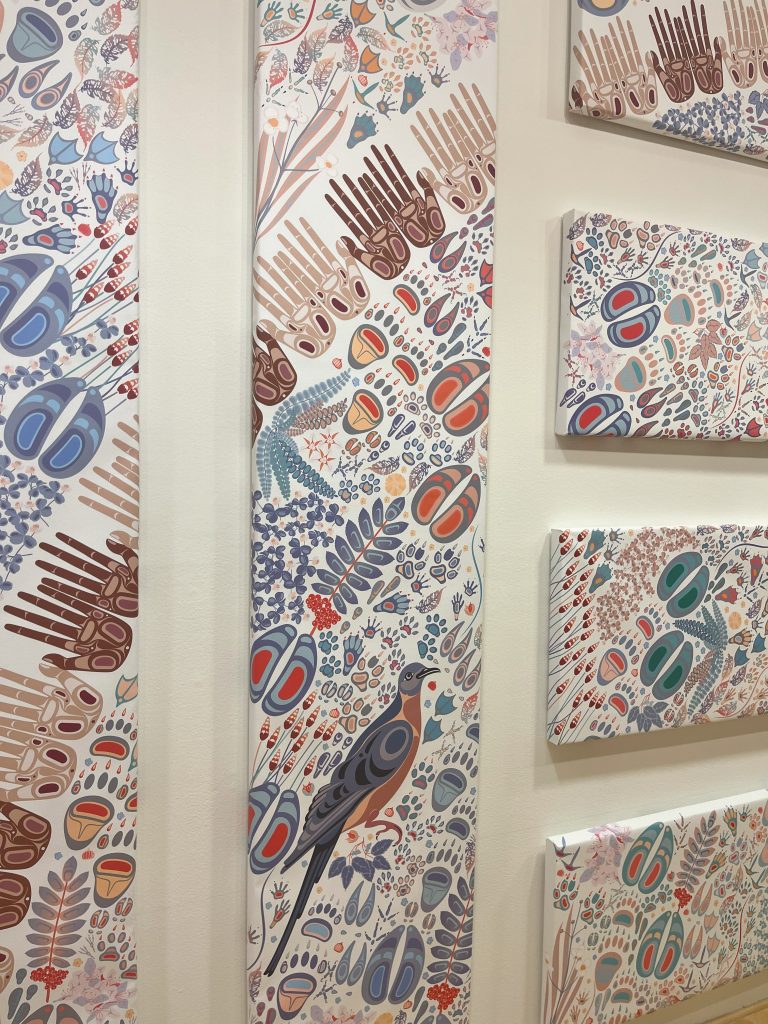
As we continue through this season of Lent, I offer you today another lens by which we can engage this practice of lament: art.
Artists have an incredible ability, whether through visual, audio, or tactile media, to express and evoke the emotions central to lament, to draw us into experiences of suffering, and invite us to engage it with our whole selves.
Last week, it was my privilege to attend a special presentation by Native American artist Carey Newman (Hayalthkin’geme) at Denison University. Newman was speaking about his recent art installation at the Denison Museum inspired by the Great Circle, one of many Native earthworks around Central Ohio that have recently been named a UNESCO World Heritage site.
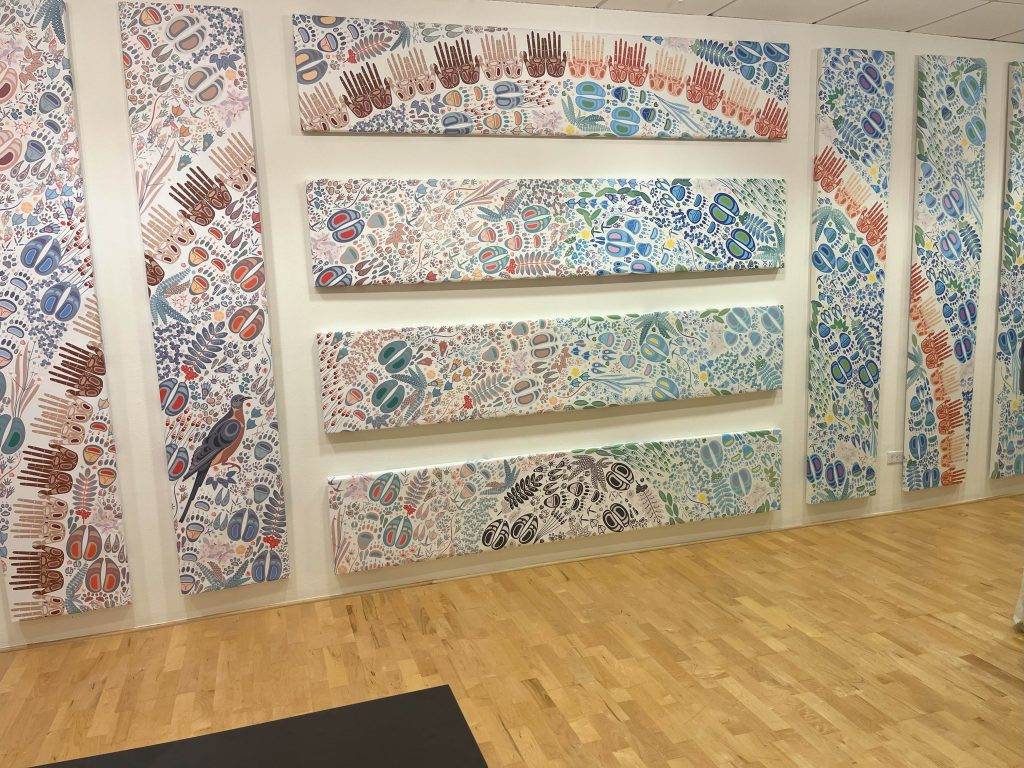
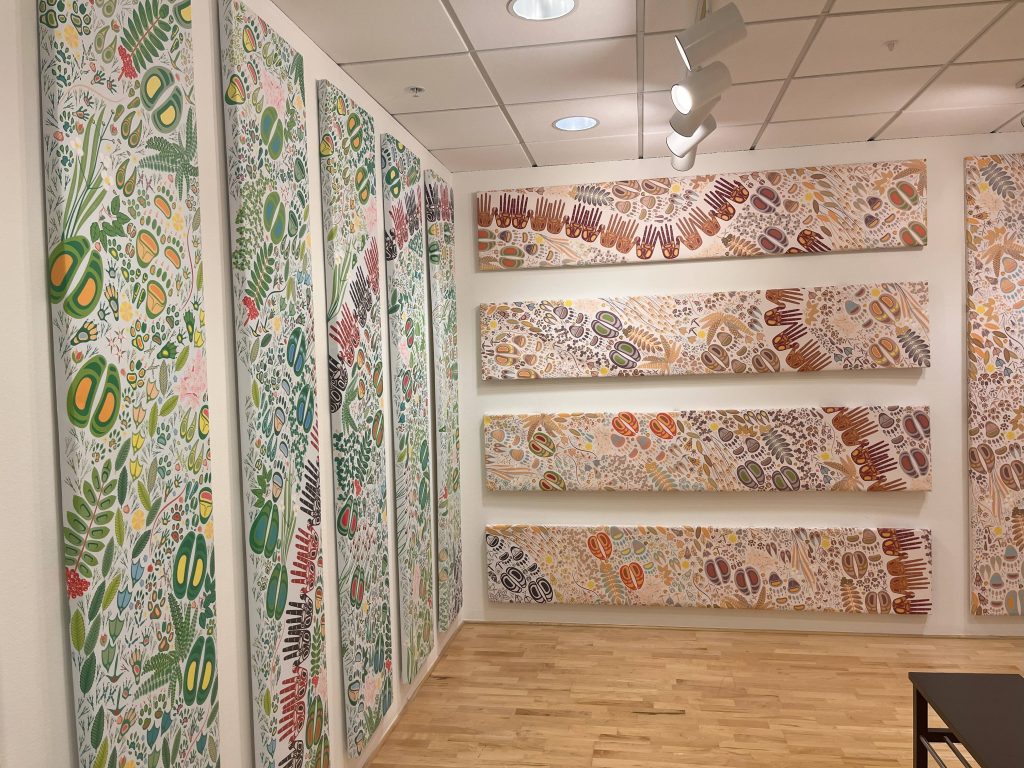
The exhibit itself was incredible, but Newman’s talk was particularly inspiring.
As a Native American in British Columbia, Newman has always found his art inspired by the rich cultural heritage in which he was raised and his deep awareness of the political stories of violence his people have endured.
The Witness Blanket
One of his most well-known works is called “The Witness Blanket.”
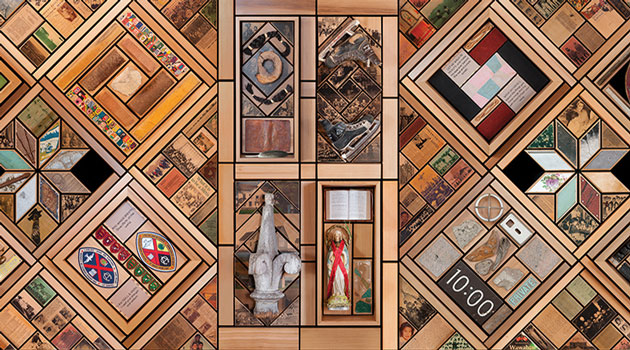
He grew up hearing the stories of his father, who had been a part of the Canadian residential schools, a repressive measure operated by the government and run by a network of churches, designed to assimilate Native children into Euro-Canadian culture.
Over ten years, he gathered items from these schools, along with the stories of what happened within those walls. Out of his own lament of the devastating suffering these schools participated in, he created an incredible work of art.
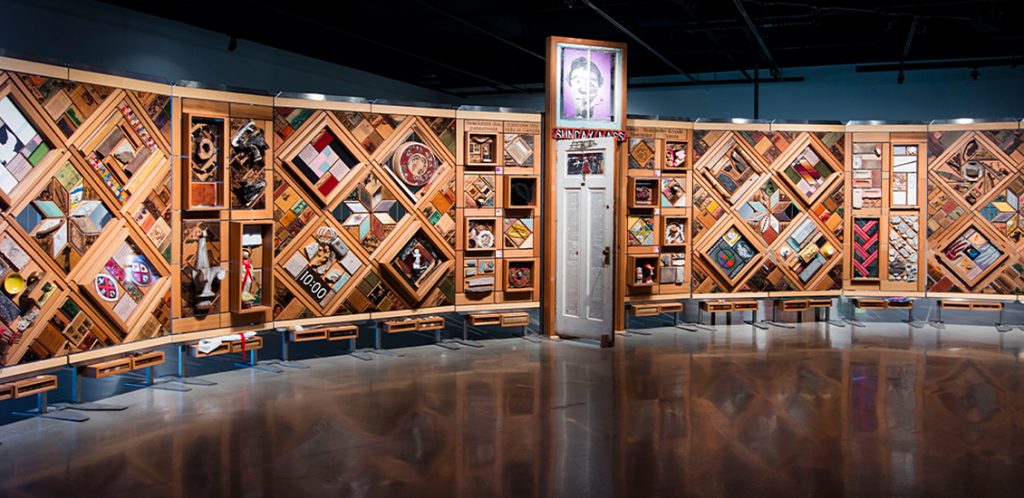
Together, these objects become a patchwork quilt that bears witness to the suffering of these students and the devastating impact they had on Native culture. This incredible work is now housed at the Canadian Museum of Human Rights.
Lament & Creativity
For Newman, lament is a practice that invites us to tap into creativity — not only in how we express our laments, but also how we make spaces for our collective stories to inspire us to think differently about the future.
This week, we will begin engaging conversations around the kind of political community we want to build. It feels like an urgent moment to be engaging these conversations and considering who we invite to the table as we explore these ideas.
I’m so grateful to be a part of a community that isn’t afraid to question where we have been and where we are, as we consider together the kind of world we want to build.
See you Sunday.
Pastor April
The Rev. April Blaine
Lead Pastor
